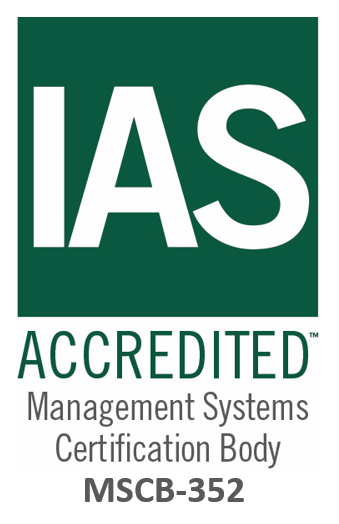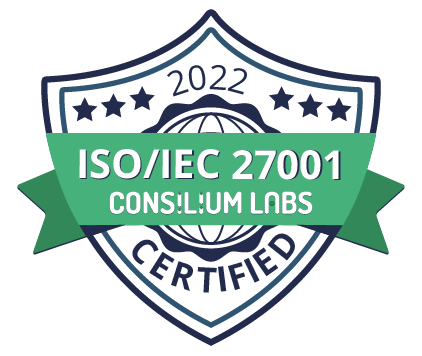What if your contract could fit on one page, and still protect your business? That’s the bold premise behind Sarah Fox’s 500-word contract movement.
Sarah joined us for a thought-provoking Radiant webinar to challenge the legal status quo. She argues that contracts don’t need to be long, complex, or filled with jargon to be effective. In fact, they’re often better when they’re not.
Here are some key takeaways from the conversation:
1. The Hidden Costs of Complexity
Long, one-sided contracts often reflect broken trust, and they come at a price. Sarah shared data from World Commerce & Contracting showing that simplification can lead to:
- 50% faster negotiation time
- 60% reduction in legal spend
- Fewer disputes
- Shorter project timelines
And yet, many organisations still cling to dense templates filled with clauses no one can explain.
2. Simplicity Builds Confidence (and Trust)
A simpler contract is a readable contract. When teams can understand what’s required of them, they’re more likely to follow it. Sarah’s approach focuses on plain language, human-centered structure, and removing anything that doesn’t change behaviour or reflect the deal.
One powerful tip: if it doesn’t drive action or protect value, it probably doesn’t need to be there.
3. Less Than 0.2% of Contracts Go to Court
If almost no contracts end up in litigation, why are we drafting every clause like a courtroom argument? Sarah urged the legal community to think more commercially and practically: draft for the 99.8% who just need to get the job done, not for the slim chance of a legal dispute.
4. Start With a Blank Page
Rather than trimming bloated templates, Sarah recommends starting fresh. Talk to users. Identify what really matters. Build around the actual deal, not a historical patchwork of risk aversion.
She noted that many contract users don’t even know why certain clauses are included. When asked, they say things like: “It must be in there for a reason”, but can’t explain what that reason is.
5. Make It Easy to Use
Sarah’s contracts put the project summary front and center and keep legal boilerplate to a minimum. Her goal is to create a document you can:
- Understand at a glance
- Open on your phone
- Stick on your fridge
That’s not dumbing it down, it’s designing for usability.
Final Thought: Do Your Contracts Reflect Your Values?
If your organisation prides itself on innovation, collaboration, or trust but sends out 90-page contracts filled with aggressive terms, there’s a disconnect.
Contracts are one of the most powerful brand signals in any business relationship. As Sarah put it: “If a contract feels like an attack, you’ve already lost the tone of the partnership.”
Watch the full webinar recording




















.png)
.jpg)




.jpg)









.png)
.png)




.png)






























.jpg)


